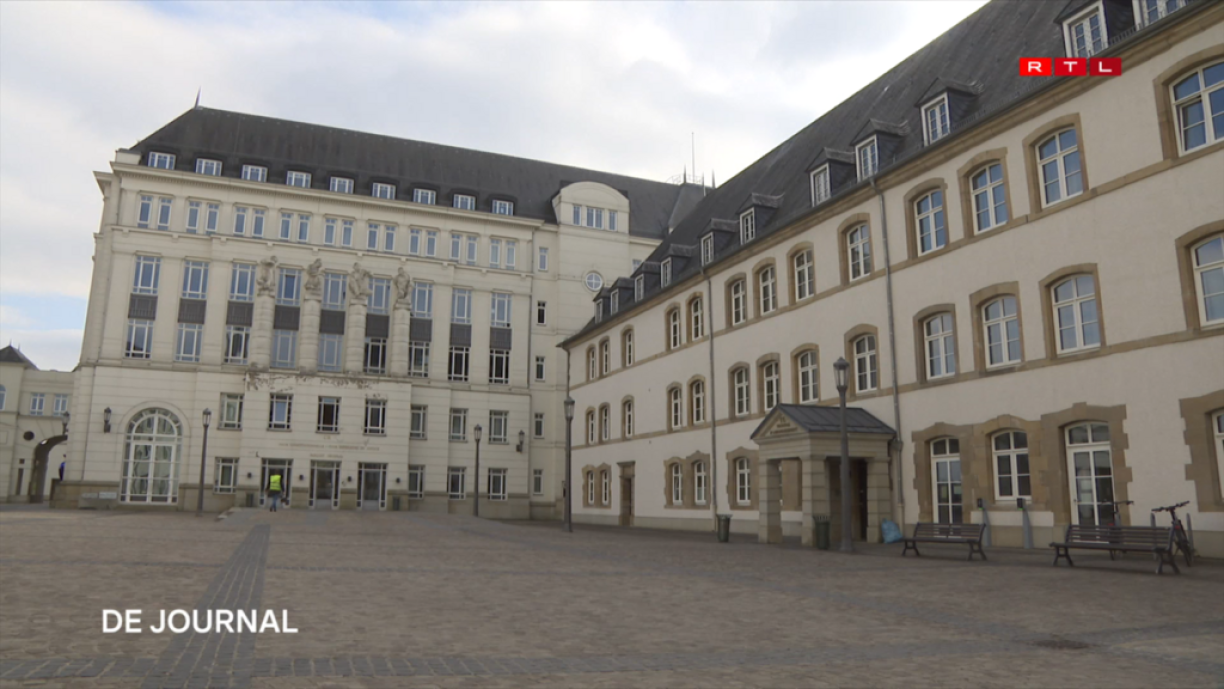
These charges have their roots in events dating back seven years. Among the accused is Sophie Schram, a former RTL journalist, whose interview with Lunghi spiralled out of control. During the interview, Schram persistently pressed the former director on the exclusion of a certain female artist’s work from Mudam’s exhibitions. The situation escalated when Lunghi grabbed Schram’s wrist, pushed aside her microphone, and threatened to never speak to her again. Eventually, the interview resumed following an apology from Lunghi.
Another defendant, Marc Thoma, also a former RTL journalist, produced a television report at the time that centred on the artist who felt discriminated against. The report included the incident where Lunghi lost his temper and physically confronted Schram.
However, Steve Schmit, the head of programming at the time and another defendant in the case, expressed reservations about broadcasting the report in its current state. He requested a second opinion from the then editor-in-chief Alain Rousseau and deputy editor-in-chief Caroline Mart.
“My first reaction was: ‘What is this? That makes absolutely no sense,’” Rousseau said as a witness in court. “It wasn’t coherent, and it wasn’t well crafted either,” Mart commented regarding the report. That is why the two advised against its broadcast, preferring to wait for the whole situation to clear up first.
Less than a week later, the Mart and Rousseau were summoned to the office of the former RTL director general and defendant Alain Berwick. Thoma and Schram were also present, the latter with a bandaged wrist. The bandage was allegedly the result of Lunghi’s assault a few days earlier. The two superiors Mart and Rousseau were accused of not supporting their journalist. The situation escalated and ended with the resignation of Rousseau. “We had nothing to do with it, we were asked for our opinion,” Rousseau stated before the judge.
It was claimed that Schram had filed charges against Lunghi, which meant that it was certain that the report would be broadcast. However, no charges were ever filed, with Mart asserting that it was Berwick who ultimately decided to broadcast the report.
On Monday, discussions on the potential manipulation of the report and its deviation from reality were not further explored. Instead, over an hour of raw footage was presented in connection with the report and all related broadcasts within this context.
In October 2016, RTL journalist Sophie Schram interviewed the then director of the Grand Duke Jean Museum of Modern Art (MUDAM), Enrico Lunghi, for the programme Den Nol op de Kapp. When Schram asked Lunghi why he refused to exhibit paintings by a certain Luxembourgish artist, the director lost his cool. The footage broadcast on TV showed Lunghi pacing back and forth before grabbing Schram by the wrist in which she held her microphone and declaring “Seriously, if you broadcast this, I will never talk to you again.”
However, it was later revealed that the footage had been edited in a questionable manner. The edited version omitted both the fact that Schram had repeatedly asked the same question and that the interview actually continued for several minutes after the incident. The original footage, which was eventually made public, even showed that Lunghi had apologised for his behaviour. It also revealed that Lunghi and Schram were not strangers but had known each other for a long time.
The affair had significant fallout, leading to the resignation of Enrico Lunghi as MUDAM director and Alain Berwick as director general of RTL. Berwick as well as the then head of programming Steve Schmit, the creator of the original report, Marc Thoma, and Schram have been sued for slander, defamation, and involuntary bodily injury in the form of “mental health problems” by Lunghi.
Enrico Lunghi trial delayed once again for health reasons (17.4.23)